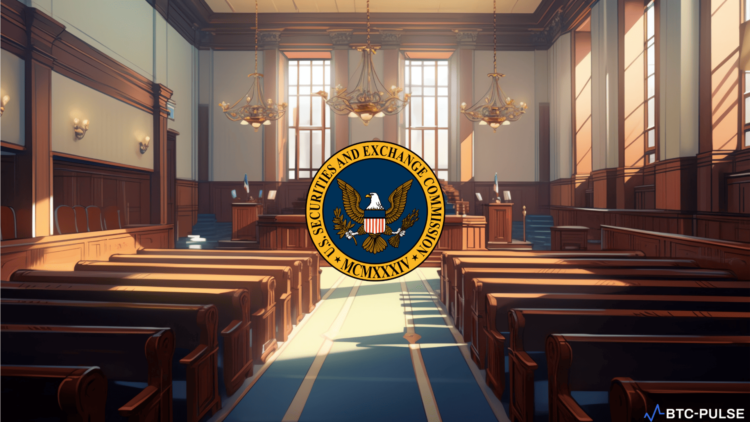The SEC claims a court ruling gives it authority over crypto, setting up a possible counter-argument in dismissal motions brought against it.
SEC’s Win over Terraform Labs
On July 31, the SEC scored a significant victory when District Judge Jed Rakoff denied Terraform Lab’s motion to dismiss the case. The rejection hinged on the “major questions doctrine.”
Implications for Green United and Coinbase
The same argument has been used by crypto miner Green United in its motion to dismiss and has also been central for crypto defendants in cases against the SEC, including Coinbase.
The SEC’s Aug. 4 Filing
In an Aug. 4 filing, the SEC stated that the recent Terraform Labs ruling offers additional grounds for rejecting Green United’s major questions doctrine and fair notice defenses.
Relevance to Coinbase
The latest arguments from the SEC could hint at how it may approach Coinbase’s own motion to dismiss, filed on Aug. 4.
The Major Questions Doctrine
The major questions doctrine, established in a 2022 Supreme Court ruling, dictates that regulatory authority requires clear authorization from lawmakers.
Judge’s Opinion in SEC vs Terraform
The judge in the SEC vs Terraform case declared that Terraform “cannot wield a doctrine intended to be applied in exceptional circumstances to disrupt routine work that Congress expected from the SEC.”
Previous Rulings and the Ripple Case
The SEC has previously used other rulings to fortify its positions in similar cases. This included sending a letter in April to the judge in the SEC vs. Ripple Labs case, citing a longstanding court precedent.
Conclusion
The SEC’s handling of the Terraform ruling provides a glimpse into its legal strategy in related crypto cases, including its potential approach against Coinbase. These legal developments may influence future regulatory actions and decisions, shaping the path of crypto regulation in the coming years.










